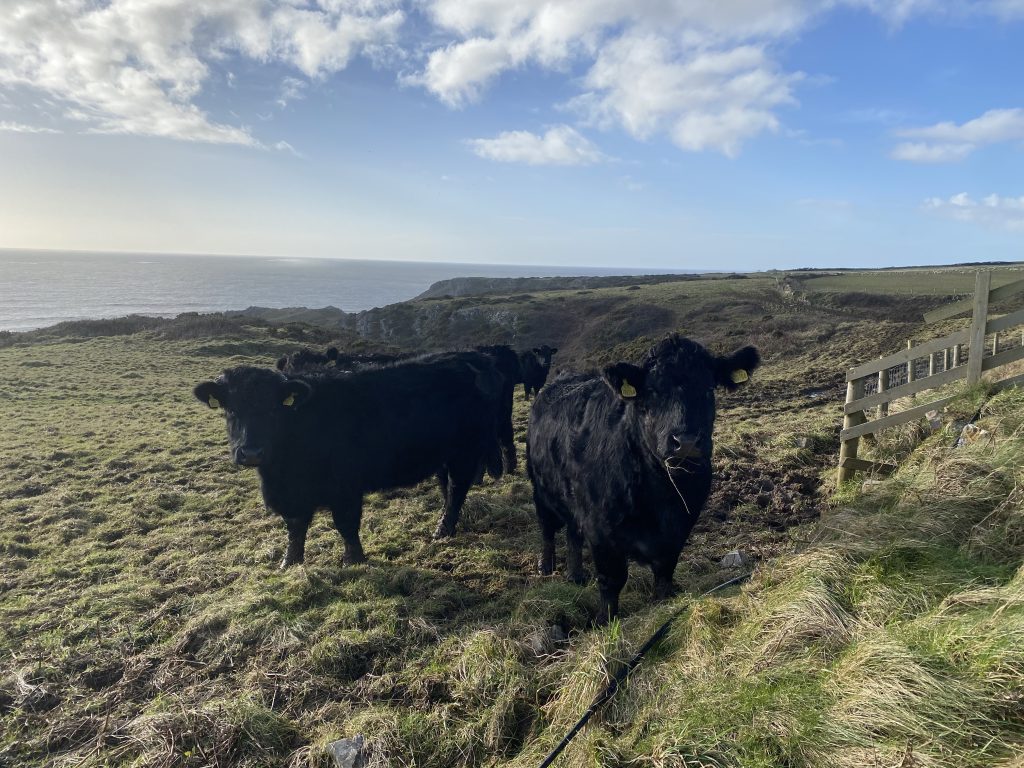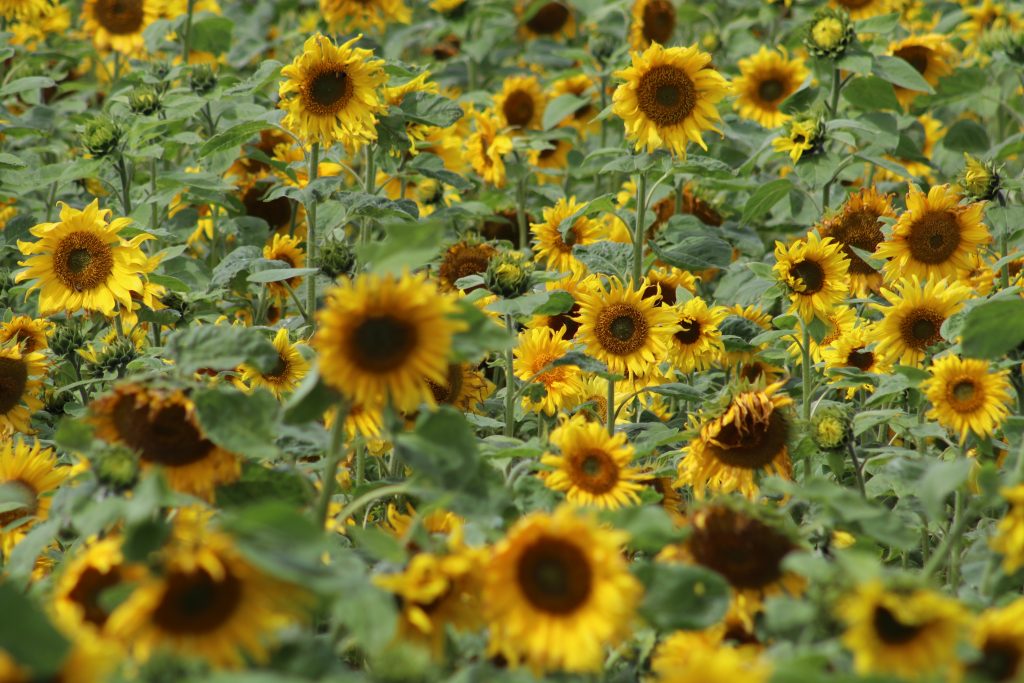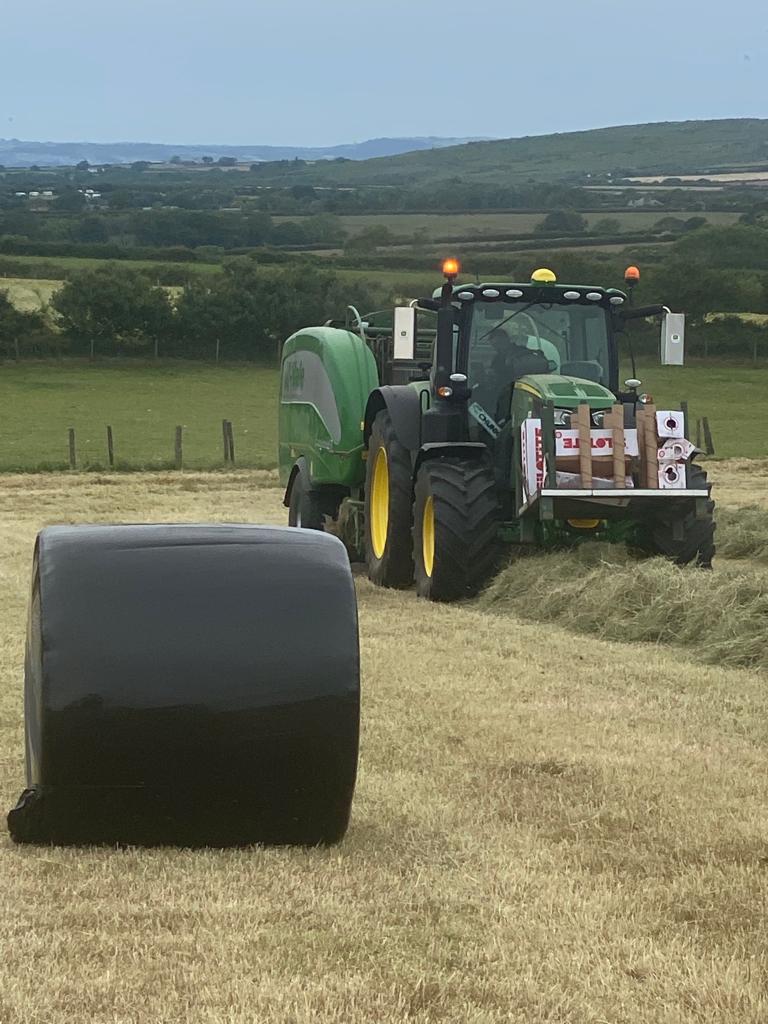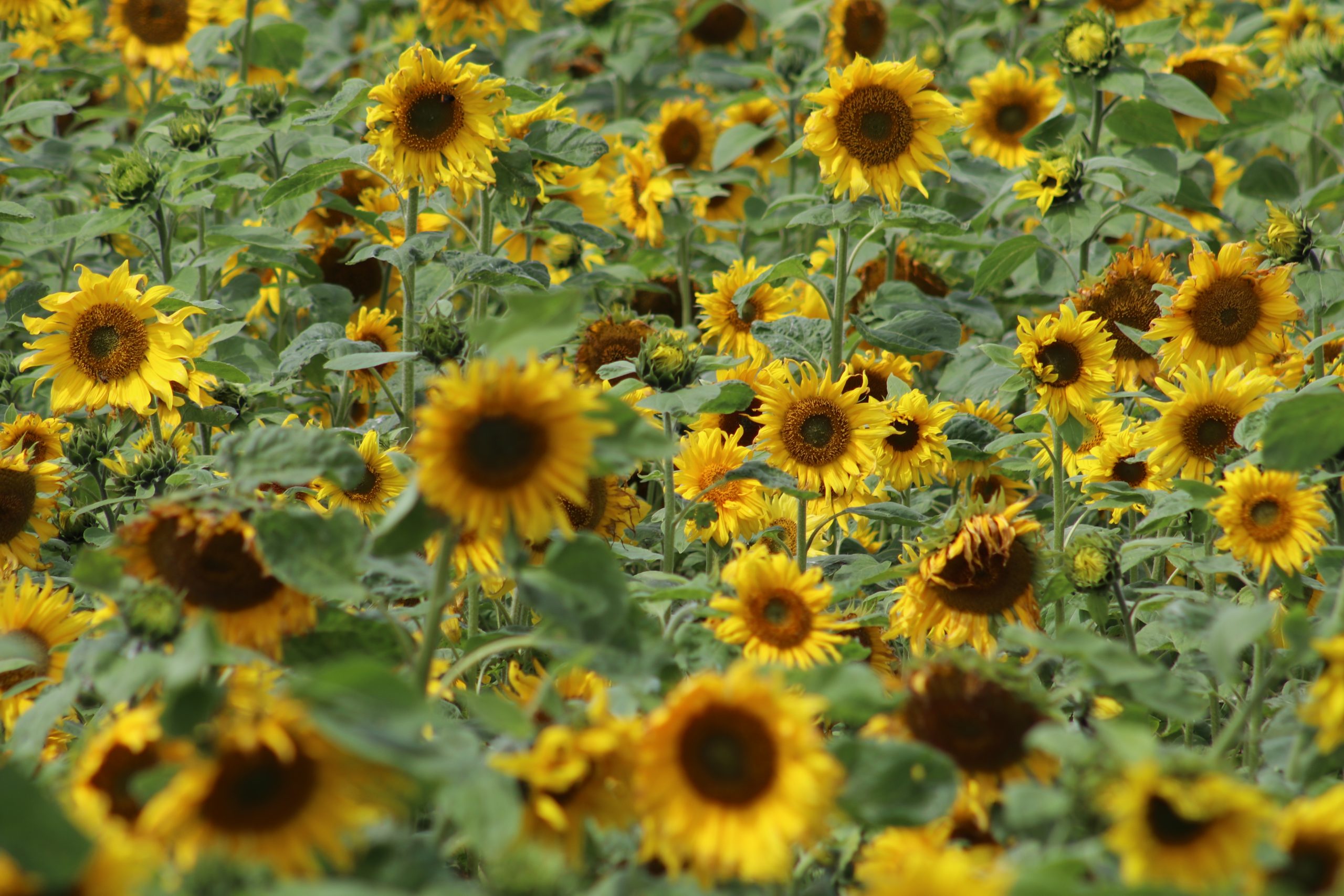Located on the south Gower coastline, between Rhossili and Port Eynon, Paviland Farm is a family farm with a rich local history.
Paviland Farm traces its history back to the 1500s, when Paviland Manor was owned by the monks of nearby Margam Abbey, who farmed the surrounding land to grow food for the poor.
Fast forward to the 1800s and the famous Red Lady of Paviland was discovered in one of the caves along the cliffs, believed to be the oldest skeleton ever found in Britain. The Red Lady can today be seen in the Ashmolean Museum in Oxford, but what remains along the coastline is a myriad of fascinating caves which echo with stories of times past.
The Harry Thomas family, who live on the farm today, were originally farmers from Carmarthenshire, who came to Paviland in the Sixties. At that time, early potatoes, benefiting from the area’s warm microclimate, were grown right down the steep coastal glades into the water’s edge.
In 1956, the farm then became part of the UK’s first Area of Outstanding Natural Beauty and the cliffs were declared a habitat of European importance for flora and fauna. The cliffland was then taken out of agricultural production and sheep were introduced to graze the cliffs.
By the 1980s, the family supplied vegetables to national supermarkets. That was until the prices dropped too low to be economic. Beef cattle and sheep also grazed the farm, strawberries were grown for pick your own, and many local people still remember their experiences of working on the farm, which at this time supported many local jobs.
Since then, like many farms, the cropping changed to cereals – mostly wheat, oats and barley – big machinery became the order of the day, and the numbers employed on the farm fell.
Today, the farm is run by the next generation of the family, and it’s all change again. The cliffs are now conservation grazed by a herd of Welsh Black Cattle, in conjunction with Natural Resources Wales, and a recent survey of the cliff’s flora and fauna by the National Trust reported that the area supports a plethora of species and, with the help of the Welsh Black cattle‘s hooves, this biodiversity should increase over time.

Today the family’s aim is to move this beautiful farm towards more regenerative farming practices, which will both nourish the soil and positively impact environment and community. More than 25 acres of the farm is now used for growing vegetables, fruit and flowers for local people, all grown without chemicals or artificial fertilisers. The farm has developed a reputation once again for supplying high quality produce, with regular deliveries to businesses across Gower and Swansea. Customers include the Michelin-starred Beachhouse at Oxwich, just five miles along the coast, the popular Bay Bistro in Rhossili, and local community eateries in Swansea like Hoogah.

Cereal crops are still grown at Paviland, but now in a mixed rotation, with minimum tillage methods used to reduce soil erosion and maximise fertility, and with sheep grazing on forage crops in the winter to fertilise the ground naturally. Grass crops are also grown and cropped to create hay and haylage for animals, which is processed in the farm’s new packhouse facility which opened this year. With grant assistance from Welsh Government, Gower Granary is now a thriving farm business, which also creates high quality animal bedding made from straw. Creating natural, sustainable Welsh products which support the wellbeing of both humans and animals is now the next chapter in this Welsh farming story.
Louisa Harry-Thomas

Do you want to tell Hwb viewers about your work, whether it’s a service, a business or ‘just what you do’? Please get in touch by email (rhossilihwb.cymru@gmail.com) or contact Maggie or Isobel directly and we can chat about how best to cast a spotlight on it.

